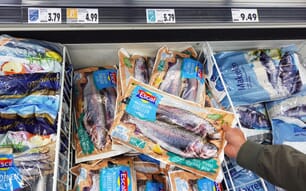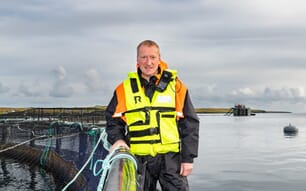Speaking at the Global Aquaculture Alliance's (GAA) GOAL conference, Linda Cornish, Executive Director of the Seafood Nutrition Partnership, stated that her mission is to educate America about the nutritional benefits of seafood, through strategic partnerships that raise awareness.
Seafood's health benefits are well documented, said Ms Cornish. Not only is it rich in Omega 3 fatty acids (EPA & DHA) and a good source of protein, it is also proven to reduce the risk of heart disease.
Heart disease is the biggest avoidable killer in the world. Around 22 per cent of the deaths from this disease are due to low seafood consumption.
Treating heart disease also costs the US around $273 billion at present and this is expected to rise in the future.
But, the risk of heart disease can be reduced by 36 per cent by simply eating seafood two times a week, said Ms Cornish.
Alongside this, eating seafood two to three times a week has also been proven to improve a baby's brain development and may also help us live longer, by around 2.2 years.
Although it is clear that seafood is the essential nutrition solution, it remains one of the lowest consumed foods in the US.
At present, only one in five Americans follow the fish dietary guidelines of eating two portions a week. The trend of consumption is also flat and declining.
In order to get more people eating fish it is important that we tackle the problems that are making fish a less popular choice for consumers, said Ms Cornish.
The main challenge identified is that consumers have a 'fear' when it comes to fish. Many do not know how to cook different seafood products, or how to incorporate them into their diets.
Overcoming this can be achieved through education and marketing by showing consumers where to buy from, what to eat it with and how to prepare and cook.
The Seafood Nutrition Partnership is currently working on this by helping Americans gain the skills they need to be more confident with seafood, whilst also educating them on the nutritional benefits.
You can read more on the Seafood Nutrition Partnership by clicking here.




